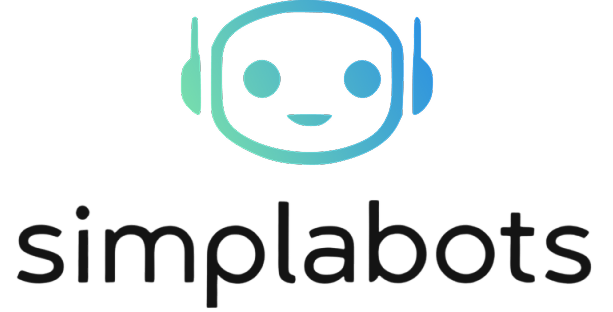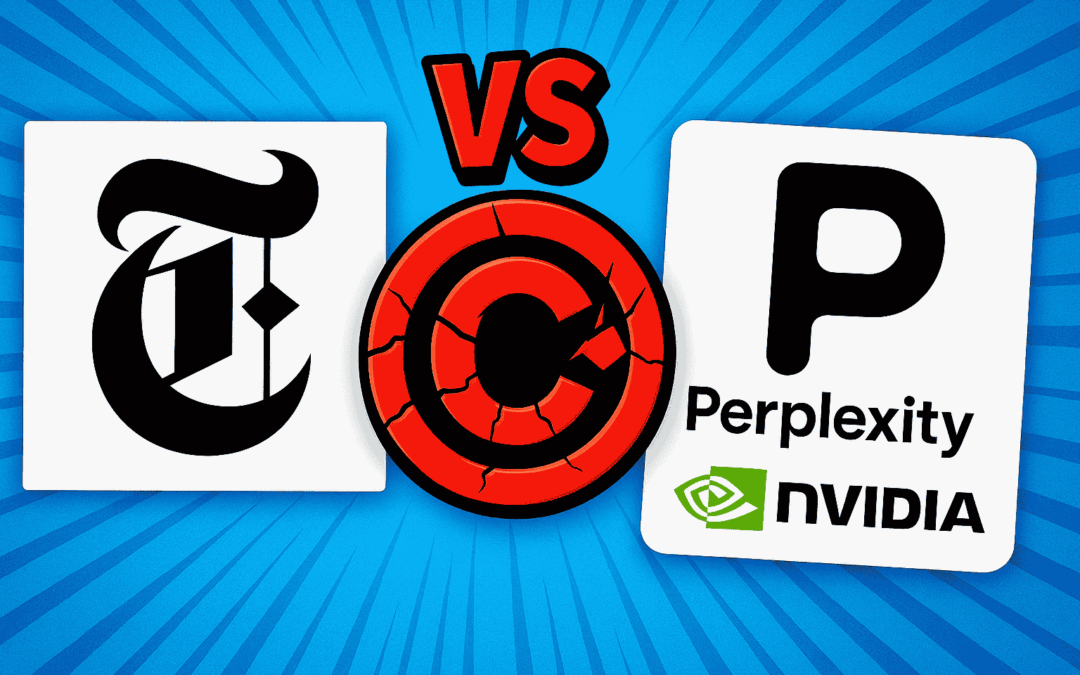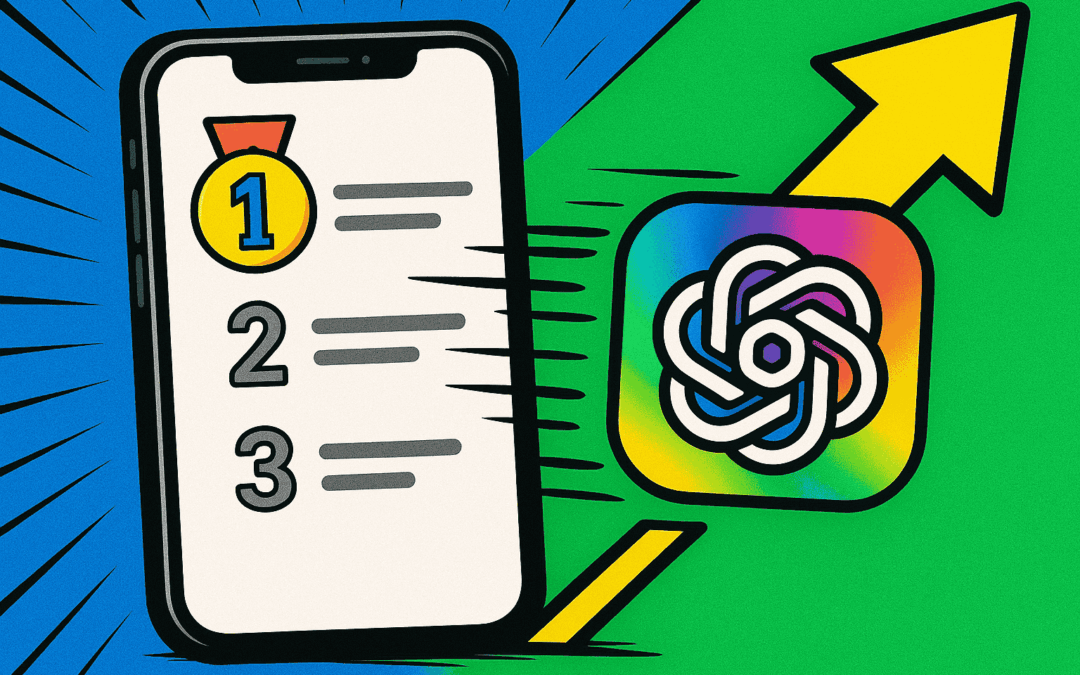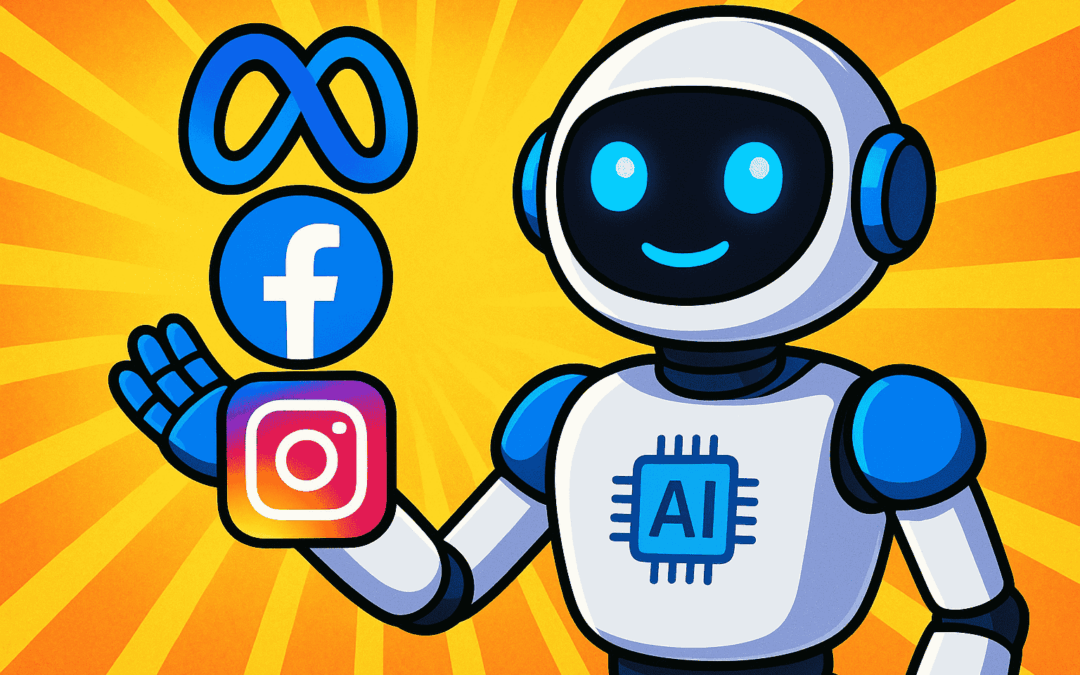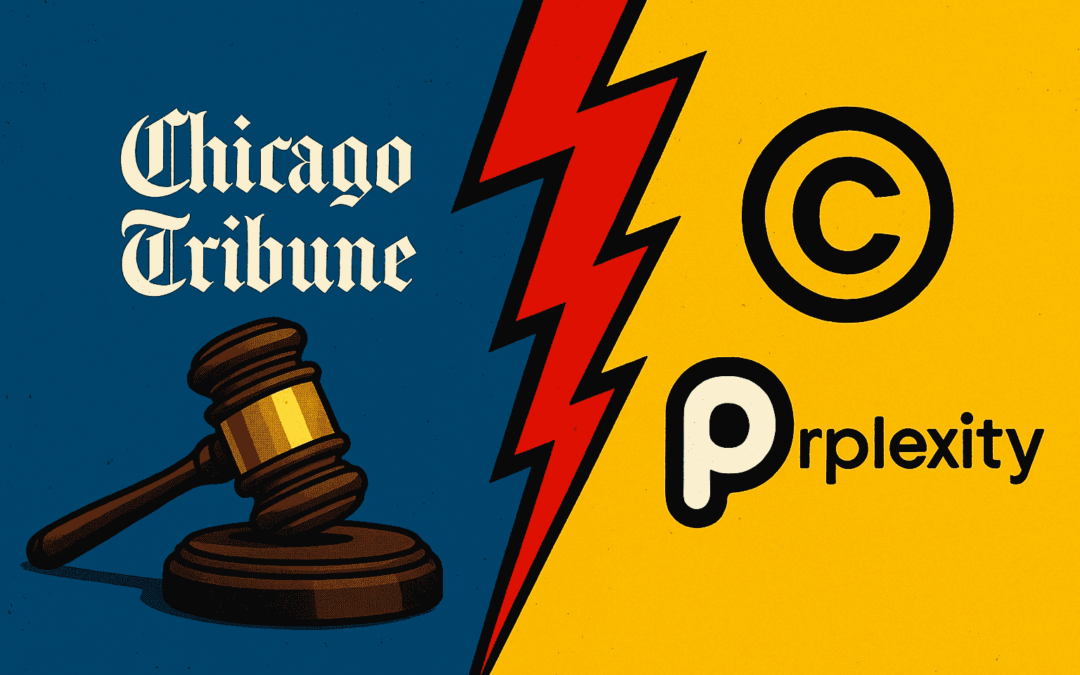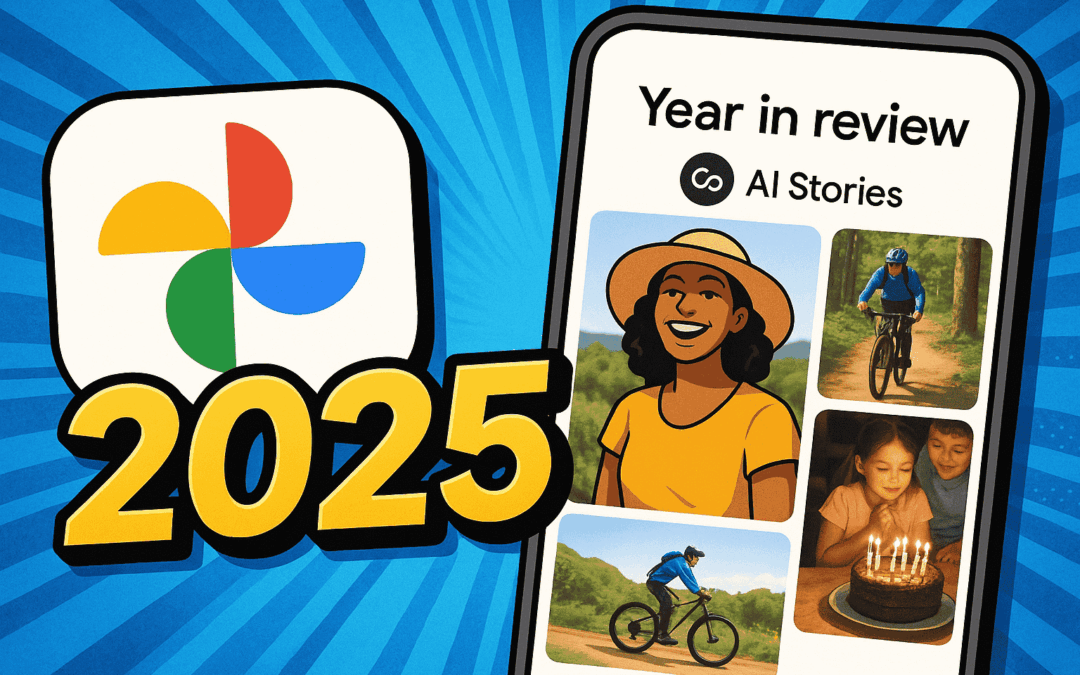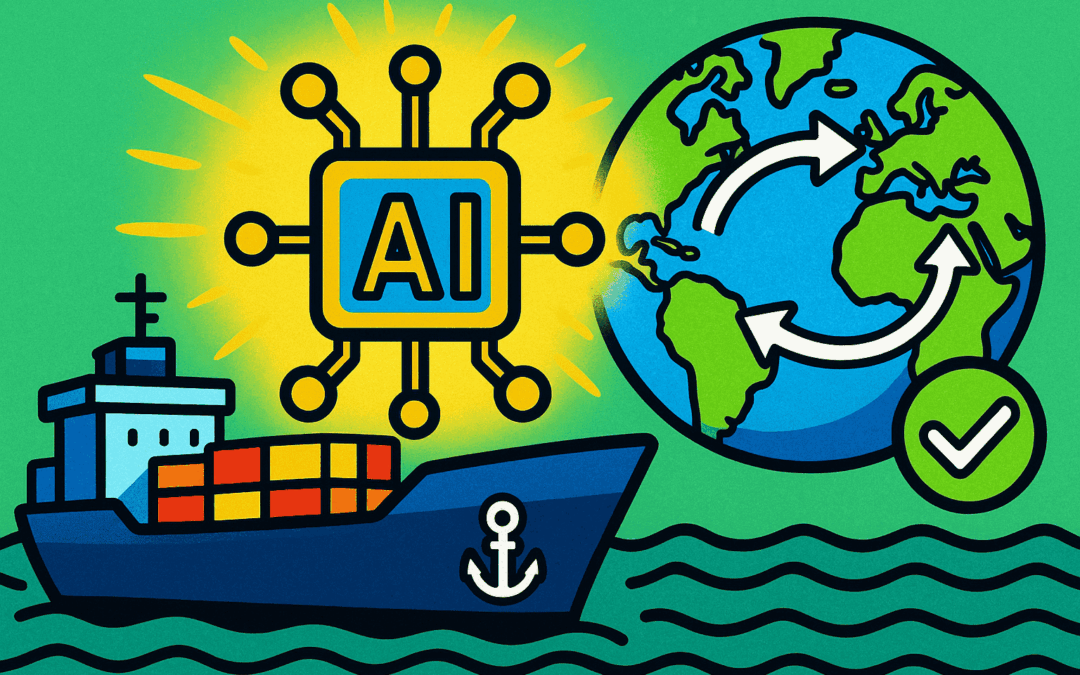Meta has announced upcoming parental controls for its generative AI experiences, aiming to address safety and privacy concerns as AI chatbots and recommendation engines become increasingly integrated into popular platforms. This development comes amid heightened scrutiny over generative AI’s impact on younger users—raising important questions for developers, startups, and AI professionals about ethics, user trust, and compliance.
Key Takeaways
- Meta will introduce parental controls for its AI-powered platforms to enhance safety for younger audiences.
- Controls will focus on limiting AI-generated interactions and providing parents with oversight tools.
- Regulation pressure drives big tech to address concerns about generative AI influencing minors.
- This shift forces developers and companies working in AI to rethink safety and data practices.
Meta’s New Approach to AI Safety for Families
In response to mounting pressure from regulators and advocacy groups, Meta has previewed robust parental controls designed specifically for its AI-powered experiences across platforms like Facebook, Instagram, and Messenger. Meta aims to give parents actionable visibility and management over how younger users interact with its generative AI systems. The move emerges as lawmakers worldwide demand more transparency and safer AI interactions for children and teens.
According to The Verge and Engadget, the controls will allow parents to restrict the types of AI chats their children can access and to see activity summaries. Parents can also receive notifications when their child interacts with AI features, giving unprecedented oversight of digital AI interactions.
Analysis: Implications for Developers and Startups
The introduction of parental controls sets a new precedent for AI-first application design, especially for platforms with broad user demographics. Developers must anticipate:
- Implementing modular safety controls and audit trails within AI chatbots and LLM-based applications.
- Designing transparent user permissions and consent management interfaces.
- Engaging continuously with compliance updates as policy frameworks evolve around AI and youth.
This development will ripple across the generative AI ecosystem, pushing both established tech firms and agile startups to treat responsible AI as a core product requirement—not an afterthought.
Real-World Impact for AI Professionals
For AI professionals, Meta’s move:
- Signals escalated demand for explainable AI and robust moderation tools within LLM deployments.
- Accelerates job opportunities in AI safety, compliance, and trust engineering roles.
- Challenges teams to proactively manage potentially harmful generative outputs—especially in youth-facing domains.
Those building multi-user or family-oriented AI apps must now prioritize safeguards from the ground up to stay competitive and compliant.
What’s Next for the Industry?
Rivals like Google and OpenAI have also begun rolling out family-focused controls for their AI experiences, but Meta’s scale—and focus on younger users—may push industry standards forward. As regulatory scrutiny tightens, expect even more granular controls and clearer transparency reports to become baseline requirements for all generative AI platforms.
Both established enterprises and AI-focused startups should monitor Meta’s implementation closely, adapting similar measures to preempt regulatory risk and boost user trust.
Source: TechCrunch
